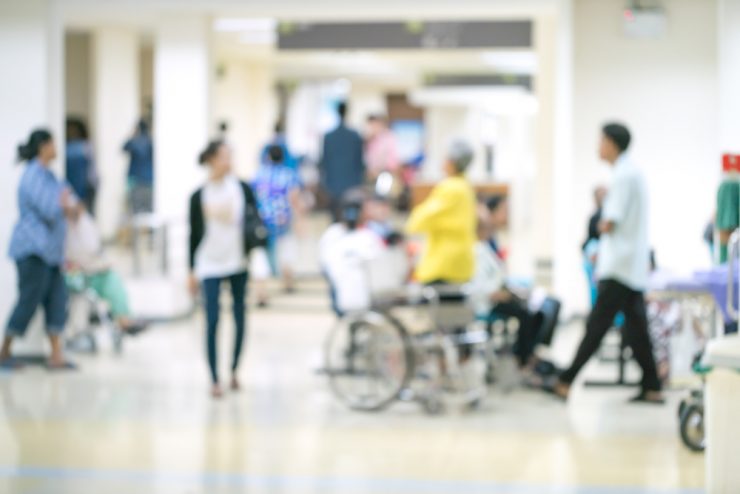Skin cells like all cells have a life cycle. Old cells are replaced by new ones regularly. In case of skin cells the entire process takes about 21-28 days.
Psoriasis is a condition where this process is speeded up. It takes only 2-6days for the entire process to take place. Because of rapid production of cells, the cells accumulate on the surface of the skin causing red, scaly patches. It produces a itching and burning sensation and is commonly seen on elbows, knees and lower back.
It can be just a minor irritation in some and in some the condition is very severe. It is a chronic condition. The affected person may experience mild symptoms for some days and the condition can also become very critical affecting the quality of life. There is no cure for Psoriasis.
Symptoms
In most people symptoms eases for few days and causes problem again after few weeks or months. There are no specific symptoms and the symptoms vary greatly.
Some common types of psoriasis and their symptoms are:
Nail psoriasis: this affects the nails. Symptoms include discolouration of nails, loosening of nails and abnormal growth of nails.
Plaque psoriasis: 80%of psoriasis is plaque psoriasis. Its symptoms include dry, red skin, formation of lesions called plaque which are sore and itch.
Scalp psoriasis: normally affects back of the head, symptoms include red, itchy patches, sudden hair loss.
Inverse psoriasis: normally occurs on skin under breast, armpits. Symptoms include red itchy patches.
Causes
One of the important causes of psoriasis is ones own immune system. In this condition the immune system produces antibodies against healthy skin leading to rapid production of new cells.
Psoriasis is found to be hereditary. Three genes are identified that are involved with psoriasis.
Alcohol, smoking, stress, and sun burn can all trigger psoriasis.
Diagnosis
Sometimes skin scrapping is taken to test under microscope to find out type of psoriasis.
Blood test is not usually done.
Treatment
Treatment is done only to reduce patches of psoriasis since there is no permanent cure. Treatment varies greatly and it depends on the type of psoriasis. Treatment is done using creams and ointments. Treatment can also be done by exposing skin to certain kinds of light called phototherapy. Oral medicines and injections can reduce production of skin cells. Corticosteroids are used for reducing the production of skin cells. Vitamin D slows down skin cell production. Commonly used Vitamin D analogue is calcipotriol.
Coal tar is also being used for the treatment from any years.
Complications
Severe psoriasis can cause mental trauma, and anxiety. Other psychological complications are also associated with psoriasis. Low self esteem is commonly associated with people suffering from psoriasis.
These feelings can lead to depression. It is important to address these psychological complications especially when psoriasis is severe.
Many people suffering from psoriasis also develop Psoriatic arthritis which causes pain and swelling in joints. It can be treated using anti inflammatory and anti rheumatic drugs.












